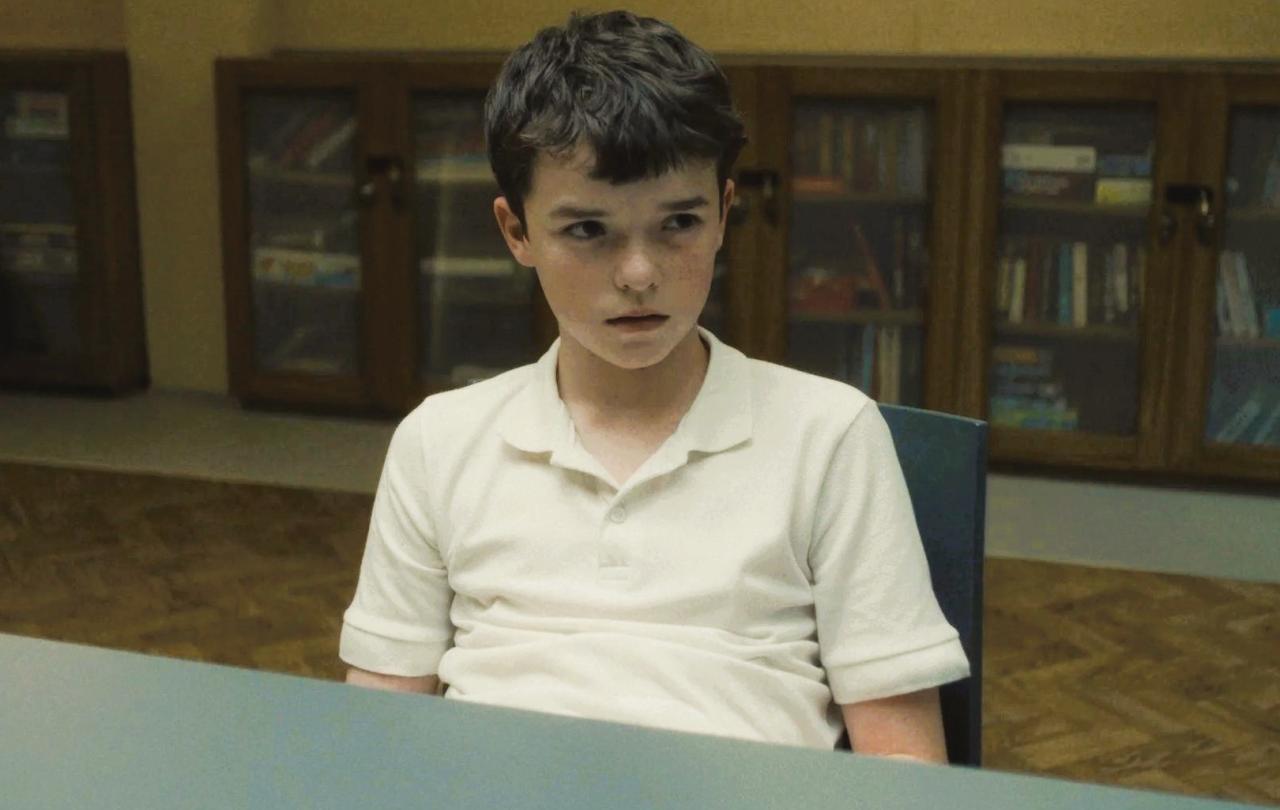
ITV has reopened a debate over the value and validity of drama-documentaries, with two immensely powerful political serials. Breathtaking, set in hospital wards as the covid crisis hit the UK, concluded last week. Before that, Mr Bates vs. the Post Office did more for justice in a few hours for wrongly accused sub-postmasters, sacked and imprisoned for frauds that didn’t exist, than any number of leaden public inquiries stretching into a cynically can-kicking future.
A regular refrain from doubters of drama-doc is to question whether events portrayed really happened. At the most extreme end of denial, invariably motivated by political self-interest, if a scene can be shown to be non-factual, then the whole thing can be dismissed as rubbish.
I’m here to knock down that argument, not least because it has the most profound implications for people of faith and how they own their sacred scriptures.
Truth is not only about events, but about love and hope and self-sacrifice and much else besides.
Take Breathtaking, based on the book of the experiences of front-line doctor (and breathtakingly good writer) Rachel Clarke. There were more than a couple of scenes that I thought wouldn’t, indeed couldn’t, have happened in a factual reality. I can’t know, because I wasn’t there. But, importantly, I don’t care either, for reasons I’ll come to.
These scenes related to the death from covid, contracted on duty as a consequence of inadequate PPE equipment, of a much-loved fellow nurse called Divina. A colleague reads cards from friends to her as she switches off the life-support machines, while our heroine consultant bears tearful witness. Later, all her colleagues gather, socially distanced, to watch a livestream of her funeral.
If these events happened in real time, then I apologise profusely to Clarke and her team. But my guess – and this makes the drama even more heartbreaking rather than less – is that they simply wouldn’t have had the time. As with soldiers in a war zone, which is the regular analogy of choice, they were overrun by critical cases for whom survival was the imperative. They surely would not have had the bandwidth, as it were, to bury their dead.
Why this doesn’t matter, indeed why it is vital that it doesn’t, is that drama addresses human emotions as well as human experiences. So it’s at least as important to express how it felt as to show exactly what happened. This isn’t manipulative, because truth is not only about events, but about love and hope and self-sacrifice and much else besides, all of which point to bigger truths about the human condition.
Those somethings are miracles. So, ask not: Did it happen? Ask instead: What has happened?
Not so long ago, you couldn’t bump into anyone from the digital marketing professions without them mooing on about “storytelling”, the idea that corporates and their brands need to frame their offers to market in an engaging narrative.
I’ve always thought they were rather late to that party. So stories are important? Who knew? Similarly, journalists – or reporters at least – speak of their products as stories. And the good ones tell us something we don’t already know. But the effort here (or at least it should be) is to relate what is provably, factually true.
This is rather different from the motivation of those of us with a religious faith, for whom Truth with a capital T points to something that transcends the demands of simple reportage. Yes, it’s about an emotional response, but emotions are human too. They’re also insufficient on their own for full engagement with the divine drama.
The mystery of this drama is played out at church on at least a weekly basis in the Eucharist, when Christians come together in communion, as the mystical body of Christ and as if invited to his supper for the very first time. It’s not just an event or a re-enactment, it’s the drama of now and of the real presence (call it the real thing).
Mystery is what the scriptures of the three Abrahamic faiths endeavour to address. For Christians, the life death and resurrection of the Christ; for Jews, the deliverance of God’s people and, for Muslims, the revelation of the Prophet. These are not just historical records, they are stories that explore the mind of God, the better to understand human existence.
That’s to explore the miraculous, to allow room for miracles in human existence. At Easter, Christians will celebrate what we might call the big one: The resurrection of the Christ and the defeat of death. So, to that obvious question: What really happened?
Well, something happened. Something so incalculably enormous that, within three days of the crucifixion, the utterly defeated and dispersed first disciples were transformed. Something so incomprehensible that they struggled to explain it with the language of simple reportage, though they tried. Something for which untold thousands were suddenly prepared to die. Something which was apparently defeated by worldly power, but is alive and well as the world’s largest religion two millennia later.
Those somethings are miracles. So, ask not: Did it happen? Ask instead: What has happened? And the story is not only about what has happened, it’s really about how, emotionally and spiritually, we feel and respond to it.
In short, we’re asked to give ourselves up to this drama-documentary. It’s breathtaking.





